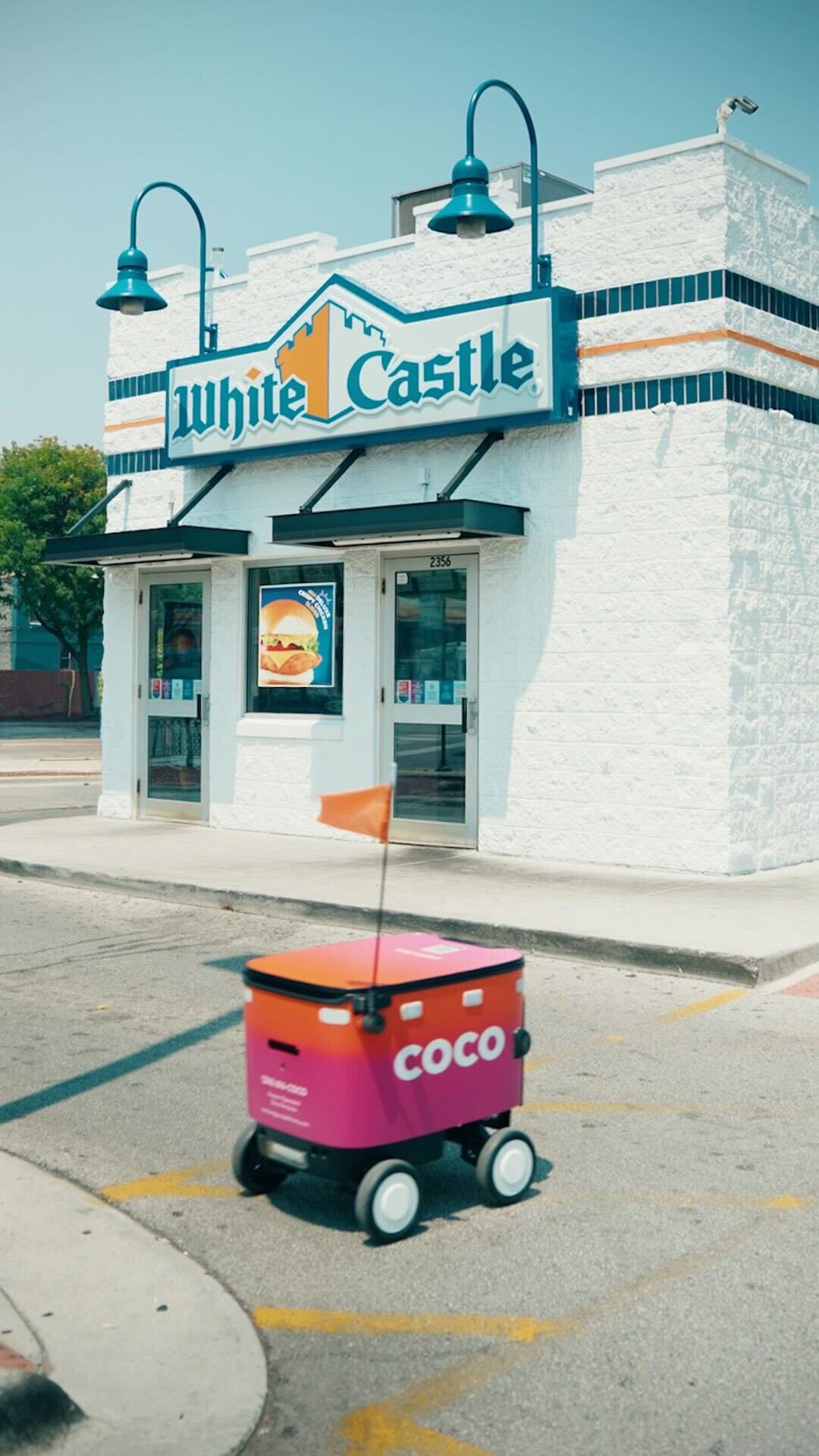Coco Robotics hires prominent AI researcher to advance autonomous delivery technology
The UCLA professor will lead the effort to tap Coco's large fleet of robots and massive dataset to build systems that work reliably in real-world scenarios.

Coco Robotics has appointed Bolei Zhou, a UCLA professor and prominent AI researcher, as Chief AI Scientist to lead the company’s newly established Physical AI Lab. The move signals the autonomous delivery firm’s push to leverage real-world robotics data for technological advancement.
Zhou brings substantial academic credentials to the Los Angeles-based company. With over 60,000 citations and recognition as one of MIT Technology Review’s 2024 Innovators Under 35, he has developed expertise in autonomous driving simulation and embodied AI. His work includes leading the NSF-funded MetaDriverse project, an open-source platform for realistic driving simulations.
The appointment positions Coco to exploit what it describes as the largest dataset of robots operating on city sidewalks. The company’s fleet encounters thousands of unpredictable scenarios daily across US and European cities, from construction zones to pedestrian interactions. This operational data provides the foundation for Zhou’s team to develop AI systems adapted to urban complexities.
“Coco offers something rare: one of the world’s largest robot fleets,” Zhou said. “By harnessing it, we can build AI systems that don’t just work in theory, but thrive in the complex, unpredictable conditions of city streets”.
“we can build AI systems that don’t just work in theory, but thrive in the complex, unpredictable conditions of city streets”
The hire supports Coco’s expansion plans. Founded in 2020, the company claims to have completed over 500,000 deliveries and aims to operate more than 10,000 robots by 2026. CEO Zach Rash said Zhou’s appointment creates “the foundation for the world’s largest autonomous delivery fleet”.
The move reflects broader industry trends as robotics companies seek to bridge academic research and commercial applications. While several firms compete in autonomous delivery, few possess the scale of operational data that Coco claims to have accumulated through its existing fleet operations.
Zhou’s role will focus on enabling robots to adapt to new cities with varying infrastructure and traffic patterns. The Physical AI Lab will serve as a testing ground for innovations before fleet-wide deployment, potentially accelerating the development cycle for autonomous delivery technology.
The appointment comes as the autonomous delivery sector faces scaling challenges, with companies needing to prove both technical capability and economic viability across diverse urban environments.
